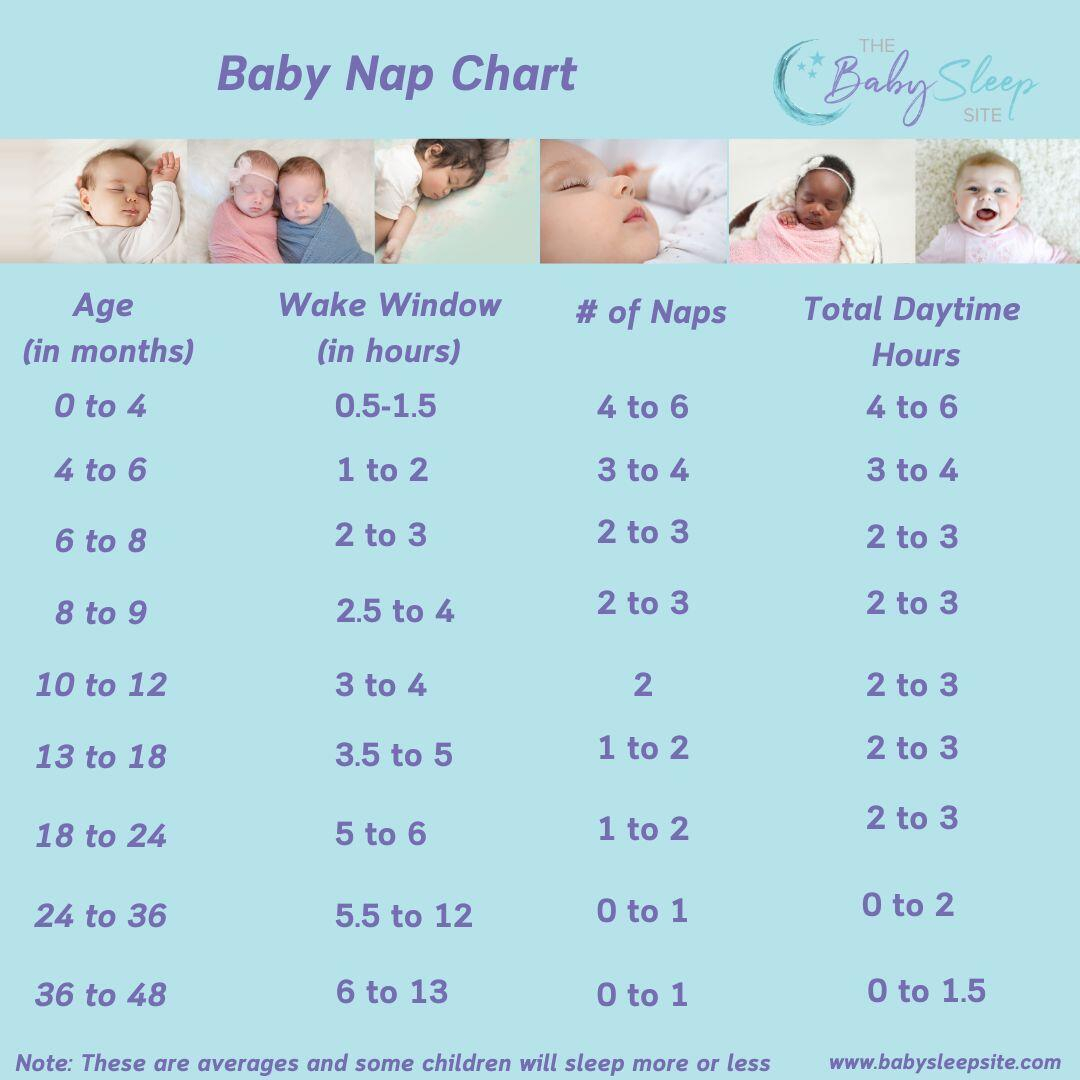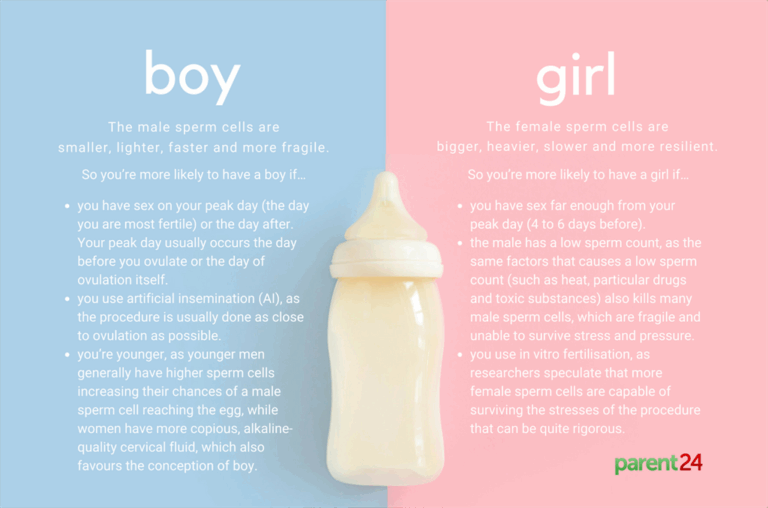How Long Does It Take To Sleep Train A Baby
Are you a new parent struggling with sleepless nights due to your baby’s erratic sleep patterns? Sleep training is a popular method used by many parents to help their babies establish healthy sleep habits. One of the most common questions parents have is, “How long does it take to sleep train a baby?” In this article, we will explore the ins and outs of sleep training and provide you with valuable insights on the time it takes to see results.
Knowledge
Sleep training is a process that involves teaching your baby to fall asleep and stay asleep independently. There are various methods of sleep training, including the Ferber method, the cry-it-out method, and the no-tears method. Each method has its own unique approach, but the goal remains the same – to help your baby develop healthy sleep habits.
When it comes to the duration of sleep training, there is no one-size-fits-all answer. The time it takes to sleep train a baby can vary depending on several factors, including the age of the baby, the method used, and the consistency of the parent. Some babies may respond well to sleep training and show improvement within a few days, while others may take longer to adjust to the new routine.
It is essential to understand that sleep training is a gradual process that requires patience and consistency. Babies are creatures of habit, and it may take some time for them to adapt to a new sleep schedule. As a parent, it is crucial to be patient and stick to the plan to see the desired results.
During the sleep training process, you may encounter some challenges, such as resistance from your baby, night wakings, and early morning awakenings. It is essential to address these issues promptly and make adjustments to the sleep training plan as needed. Consistency is key when it comes to sleep training, so it is essential to stay committed to the process.
It is also important to remember that every baby is different, and what works for one baby may not work for another. It is essential to be flexible and willing to try different approaches until you find what works best for your baby. Remember that sleep training is not a one-time event but a continuous process of helping your baby develop healthy sleep habits.
Conclusion
In conclusion, the time it takes to sleep train a baby can vary depending on several factors. While some babies may respond well to sleep training and show improvement within a few days, others may take longer to adjust to the new routine. It is essential to be patient, consistent, and flexible during the sleep training process to help your baby develop healthy sleep habits.
Ultimately, the goal of sleep training is to help your baby learn to fall asleep and stay asleep independently. By following a consistent sleep training plan and addressing any challenges that may arise, you can help your baby establish a healthy sleep routine that benefits both them and you as a parent.
Remember that every baby is different, so it is essential to tailor your sleep training approach to meet your baby’s individual needs. With patience, consistency, and a positive attitude, you can help your baby develop healthy sleep habits that will last a lifetime.






